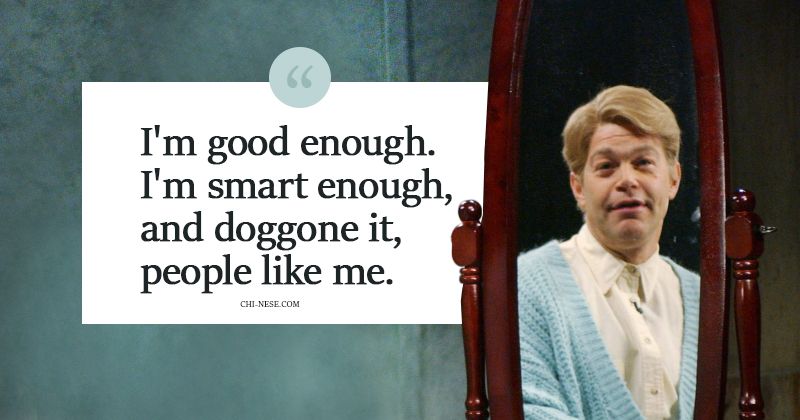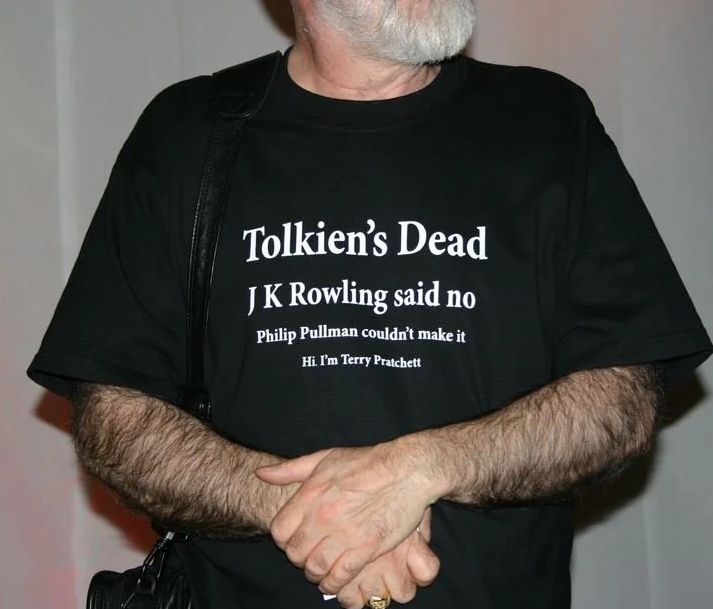
When I was working on my psych degree at Syracuse University a long damn time ago, my abnormal psych professor told us about the diathesis-stress model of mental illness in the then-new DSMIII, diagnostic and statistical manual.
Basically, diathesis-stress posits some innate inner quality that predisposes you for some mental illness, but stress is what triggers the illness. Common sense, but if you read the link above, you see that once you pile enough observation on top of common sense you’ll reach non-intuitive insights.
Stress can be bad things happening to you. Stress can also be brought on by purely voluntary attempts at doing hard and traumatic things. Imagine a firefighter, who has chosen her profession, but who must, every day, gear up and send herself into the fire. Let’s say she’s never injured, physically. Oh, but she sees some shit. And she knows… she knows what might happen.
That’s stress.
Now, I don’t want to overstate this… but getting published and making money as a writer, any kind of writer, is hard. Very hard. Super duper hard. It’s stressful.
Writing can be as stressful a thing as the depth of your passion for it.
The more you want it, the harder you push, the more stress you experience. God I know this is simple, but I’m only getting this thirty years in, so indulge me.
The harder you push, the greater the stress.
I was in a crisis, when I went to Clarion twenty years ago, because I wasn’t getting the reception I wanted for a group of stories. Whether or not I eventually published these stories professionally isn’t the issue. (Brag. I did.) The thing is, I had let my identity as a writer slip past my recognition as a writer and I existed in a world of pain and cognitive dissonance. I became embittered.
One of my instructors confessed that she had only considered writing as a career as the world nodded her on, with publication and awards. She hadn’t gotten out ahead of herself the way I had. This of course, made me feel much worse.
Deep in CBT, cognitive behavioral therapy, I hit on an idea that is again, commonplace, but which I have internally sneered at. The idea that your self esteem is, or should be, contingent on nothing.
You see this in memes, about your self worth not being dependent on something. I always rolled my eyes at these memes. So. Hitler should have self-esteem? Me when I am doing nothing should experience self esteem? What a sociopathic joke.
So here’s the thing, and it knits together Christianity, Buddhism and CBT.
If you tie your self-esteem to anything, work or family or friends the state of the world, you are setting yourself up for disaster. If your work is the source of your self-esteem, then you will suffer, because no matter where you go, you’re failing to be the person the next rung up the ladder. For me this has meant, so far:
- I hate myself because I never finish anything.
- I hate myself because what I finish is crap.
- I hate myself because the thing I thought was good was called crap by my whole workshop.
- I hate myself because this thing I wrote was hated by that one guy in the workshop who hates everything. Because none of us are publishing much, I think he is right.
- I hate myself because something that my workshop liked was called crap by a pro.
- I hate myself because the thing a pro agreed was good was rejected by an editor.
- I hate myself because something that me, my workshop, and my pro friend, all agreed was good, was rejected by all the editors we collectively care about.
- I hate myself because even though I publish 10% of what I finish and submit, it takes years to find places to publish stories, and I don’t make much money doing this, and only selling 10% means I make, literally, a tenth of a cent per hour. (see how the goalposts moved suddenly?)
- I hate myself because my published work–I now sell half of what I write–is never nominated for anything or anthologized or honorably mentioned in the back of the one big antho that everybody has read forever.
- I hate myself because now that I get mentioned in the back I never get inside. Oh, I did get into one best of. But not that other one that’s older.
- I hate myself because people who started publishing when I did now have successful novels and TV options, and I didn’t write a novel when they did. They did it. Why didn’t I?
So this is how far I got in this; at every step presume that I have achieved every goal beneath it.
Let’s talk about how this relates to Terry Pratchett. Here’s his Wikipedia brag paragraph.
Pratchett, with more than 85 million books sold worldwide in 37 languages,[4][5] was the UK’s best-selling author of the 1990s.[6][7] He was appointed Officer of the Order of the British Empire (OBE) in 1998 and was knighted for services to literature in the 2009 New Year Honours.[8][9] In 2001 he won the annual Carnegie Medal for The Amazing Maurice and his Educated Rodents, the first Discworld book marketed for children.[10][11] He received the World Fantasy Award for Life Achievement in 2010.[12]
Now, let’s talk about Terry in this t-shirt.

The text reads, Tolkien’s Dead, J.K Rowling said no. Phillip Pullman couldn’t make it. Hi, I’m Terry Pratchett.
Look at the bio. Then look at the self-deprecating t-shirt. I’m not saying that Pratchett was consumed with self loathing. I am saying that if you make your self worth, your happiness, contingent on ANYTHING WRITING RELATED you will live in a world of pain. I have lived in a world of pain, off and on, in every creative endeavor, and I have spent my most of my life on creative endeavors, artistic, literary, hackery, entrepreneurial.
Talk to me, read me, and I’ll urge you to keep writing; I’ll share inspiration and stories of eventual ‘success’ (there! I’m doing it!) but you have to know that success never makes you happy. Remember Curt Cobain? And a billion other beloved suicidal geniuses?
My clarion instructor told me, that in the end, the world’s opinion on your work is only a greek chorus. And that is exactly what it should be. It’s okay for your goal to be becoming a great writer, or becoming a critically acclaimed author, or becoming a popular author, or becoming all three at once, even thought that almost never happens, just read the goddamn shirt, goals are okay, but if you are telling me that your happiness, or worse, your continued existence on this planet is contingent on some specific success in some to you reasonable time frame, I need to direct you to seek solace elsewhere.
I would never say ‘seek professional help’ because nothing makes anyone avoid professionals as much as this suggestion, but I’ll tell you that I did seek professional help and it got me out of this bind. Several times in my life.
We can support each other as writers, and accidentally enable this untenable thing, this mentality, as a family member might kindly enable a substance addiction.
So, if a pro tells me that every voice outside of the one in my head is a kind of greek chorus, I am allowed to define success however I want. Wait.
I am allowed to define my success however I want. I don’t need a professional’s opinion.
Oh, and you know why Christianity, and CBT, and Buddhism all have this idea, that the chattering nattering voice inside you whispering terrible things about your work ethic, your lack of talent, must be minimized? Washed away in the blood of forgiveness after repentance, or sometimes silenced with focus on the breath, or spoken back to with the calm and rational voice you might use for a friend?
Because it works. Shame and blame and punishment and self loathing and mental illness don’t help you become a better person. Or a better writer. This isn’t a moral observation. This is raw practicality, the birthright of successful and canny sociopaths, and the insight of great religions and the gold standard for secular insight-based therapy, all wrapped up into one package.
This is how you get shit done.
You will do whatever it is you are trying to do if you stop wasting your energy wallowing in unhappy, negative, counter-productive thought. Whether it’s being a better person, being a better writer, or selling what you write.
Or all three at once.
If you found this essay inspirational, interesting, amusing, whatever, join my mailing list. I mean, if you want to. I can’t make you. But I’m asking. Because you read this, and that means I sorta love you. Um. Okay, this got awkward. Boundaries! This is the link to my mail chimp page.

Great post. Love that T-shirt.